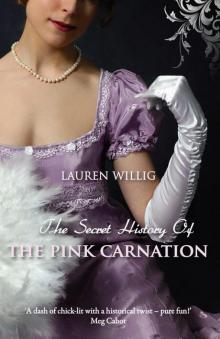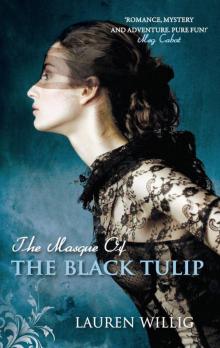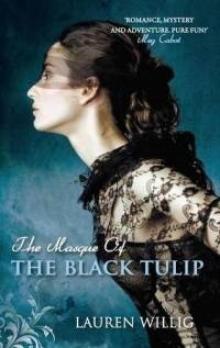 That Summer
That Summer The Mischief of the Mistletoe
The Mischief of the Mistletoe The Mark of the Midnight Manzanilla
The Mark of the Midnight Manzanilla The Other Daughter
The Other Daughter The Ashford Affair
The Ashford Affair The Lure of the Moonflower
The Lure of the Moonflower The Secret History of the Pink Carnation
The Secret History of the Pink Carnation The Masque of the Black Tulip
The Masque of the Black Tulip The Passion of the Purple Plumeria
The Passion of the Purple Plumeria The English Wife
The English Wife The Garden Intrigue
The Garden Intrigue Ivy and Intrigue: A Very Selwick Christmas
Ivy and Intrigue: A Very Selwick Christmas The Orchid Affair
The Orchid Affair The Summer Country
The Summer Country The Betrayal of the Blood Lily
The Betrayal of the Blood Lily The English Wife: A Novel
The English Wife: A Novel Masque of the Black Tulip pc-2
Masque of the Black Tulip pc-2 The Secret History of the Pink Carnation pc-1
The Secret History of the Pink Carnation pc-1 That Summer: A Novel
That Summer: A Novel The Mischief of the Mistletoe: A Pink Carnation Christmas
The Mischief of the Mistletoe: A Pink Carnation Christmas